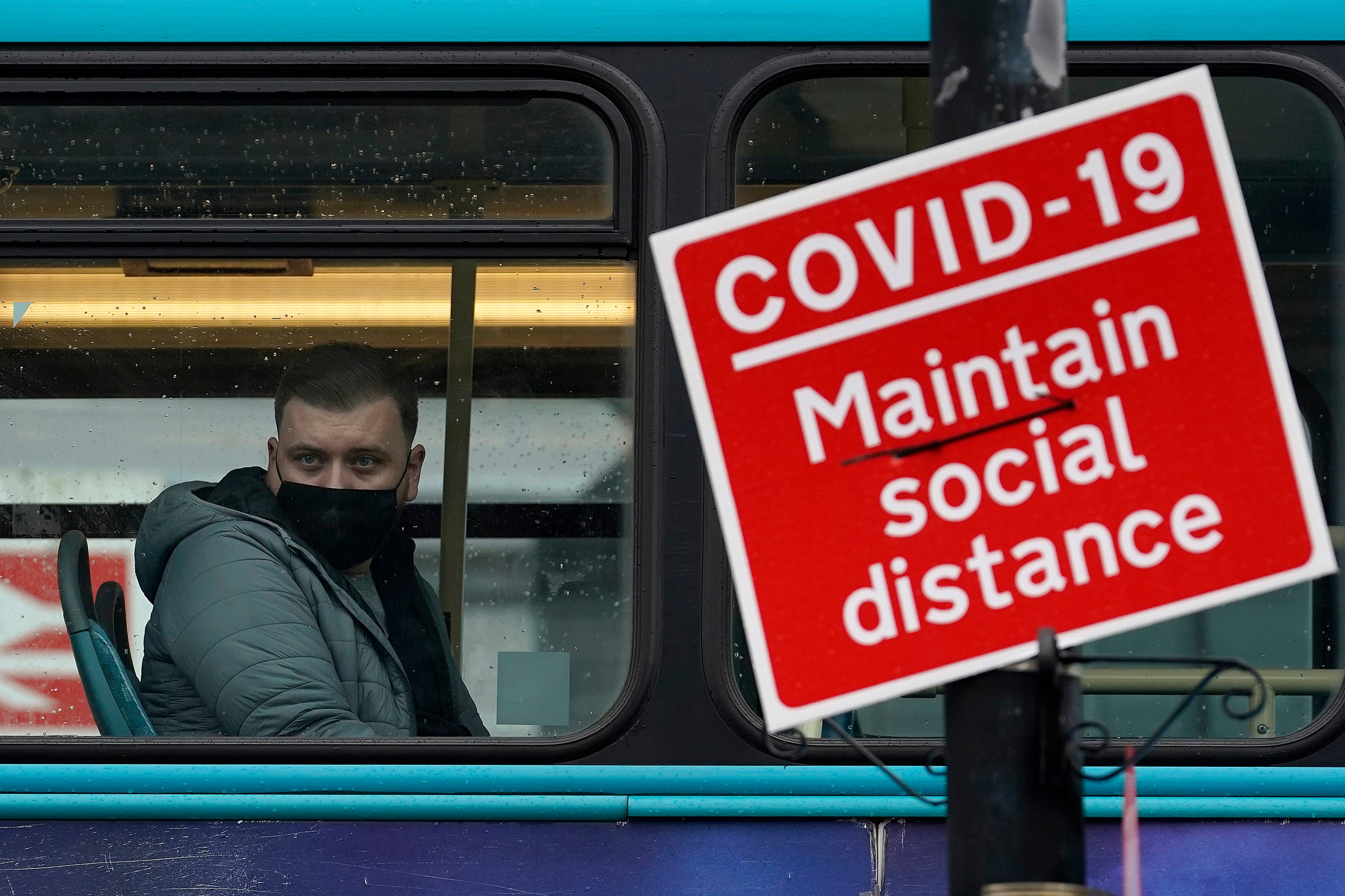Why don’t we record suicide data by ethnicity?
Sometimes there are really complex and challenging issues that are fiendishly difficult to solve, but the issue around data is not one of them, writes Ian Hamilton


If you want an example of how people from ethnic minorities feel ignored, look no further than the fact we don’t count how many BAME individuals die by suicide. Ethnicity is recorded in many of the encounters that people have with the state but sadly not at this fatal point. This really matters. Without this data how are we to judge the extent of the problem, or how it has changed over time?
The Office for National Statistics doesn’t collect ethnicity data or refugee status for suicides, nor are these important demographic details recorded by coroners when investigating deaths by suicide – despite knowing that asylum seekers, refugees and those from ethnic minorities are at increased risk as Juliet Cohen and colleagues wrote in the BMJ.
We can gather from other sources of information and data that these groups are known to struggle to get help with their mental health problems, and when they do access mental health services, they are more likely than any other group to be detained under the Mental Health Act. Detention suggests their problems have escalated to such a severe point as they are unable to access help in a timely way that would mitigate this deterioration in health.
We know that post-traumatic stress disorder, depression and anxiety are at significantly elevated rates for those from ethnic groups compared to the general population. This in turn also increases the risk of suicide – we just don’t know by how much as we don’t routinely record this basic variable. There is no genetic predisposition at play here: the increased risk of these mental health problems and therefore suicide is environmental.
Fuelling the risk of mental illness is the often-daily experience of racism and discrimination, evident by the lower rates of employment and higher rates of poverty and homelessness for these groups. So, while some individuals will make clear their bigotry towards ethnic groups and refugees, the state also plays a role in making life challenging. Despite having some of the greatest health needs they are given the least in the way of services to meet these needs, a perverse state of affairs that directly contributes to the inequality they experience.
There are other environmental factors that load the risk for refugees and asylum seekers. Loneliness, emotional distress, alienation, language barriers, trauma and witnessing or experiencing torture and armed conflict are just some of the more obvious triggers for suicide. There will also be crossover of risk as some asylum seekers and refuges will be drawn from ethnic groups, which has the potential to amplify the risk of mental health problems and suicide.
Sometimes there are really complex and challenging issues that are fiendishly difficult to solve, but the issue around data is not one of them. A simple change to policy that required the ONS and coroners to record ethnicity and refugee status would right a longstanding wrong. But this is about much more than a mere clerical error: having this data has the potential to save lives.
Without knowing the extent of lives cut short by suicide among these groups how can we hope to have policies and interventions that aim to reduce these fatalities? All lives have value, and as mental health issues spike due to coronavirus, we need specific and segregated data urgently to find a way forward.
Ian Hamilton is associate professor of addiction at the University of York



Join our commenting forum
Join thought-provoking conversations, follow other Independent readers and see their replies
Comments